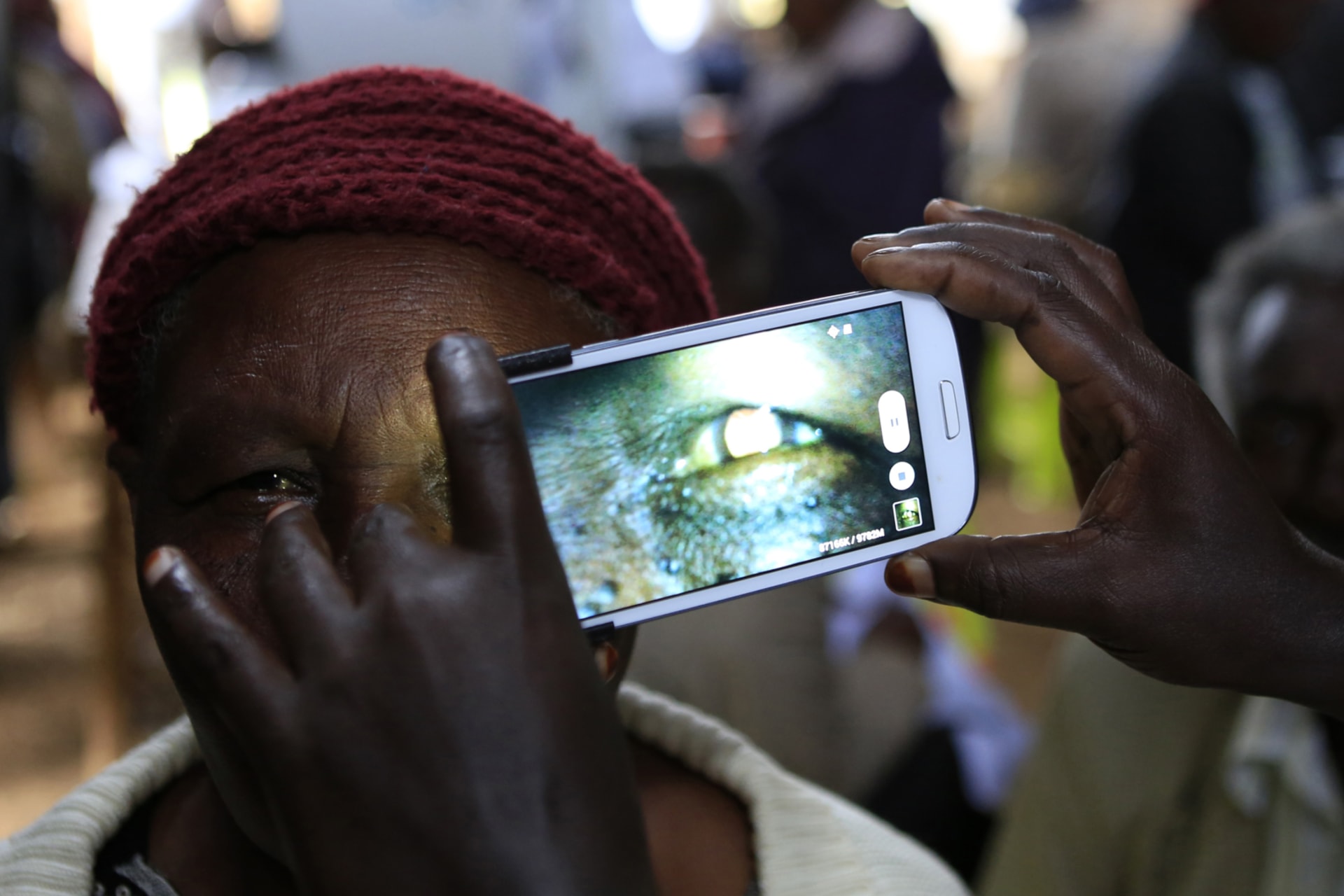New, Cheap, and Improved
Assessing the Promise of Reverse and Frugal Innovation to Address Noncommunicable Diseases

BY
- Thomas J. BollykyBloomberg Chair in Global Health; Senior Fellow for International Economics, Law, and Development; and Director of the Global Health Program
Overview
In recent years, frugal and reverse innovation have gained attention as potential strategies for increasing the quality and accessibility of health care while slowing the growth in its costs. The notion that health technologies, services, and delivery processes developed for low-income customers in low-resource settings (known as “frugal innovations”) might also prove useful in other countries and higher-income settings (a process some call “reverse innovation”) is not new. The demand for these types of innovation is increasing, however, as developed and developing countries alike strain to cope with the staggering economic and social costs of noncommunicable diseases (NCDs).
Increased attention on innovation is welcome—particularly when it is in service of improving the economic opportunities of the world’s poorest and increasing their access to much-needed health-care products and services. The trick will be to ensure that the focus on reverse and frugal innovation goes beyond the latest buzzword and translates into real investments and results. With this goal in mind, this paper seeks to answer three practical questions regarding reverse and frugal innovation and NCDs:
- Are reverse and frugal innovations likely to be important for addressing the NCD challenges facing the poor in high- and low-income settings?
- Which pressing NCD challenges are reverse and frugal innovations best suited to help solve?
- What measures can donors, private companies, and nongovernmental organizations (NGOs) take to facilitate the use of reverse and frugal innovations to solve those problems?
The answers to these questions may contribute to the ongoing efforts of donors, investors, NGOs, and governments to move frugal and reverse innovation out of the realm of promising ideas and anecdotes and into broader practice to tackle the global challenge of NCDs.t





